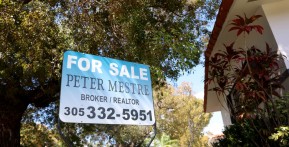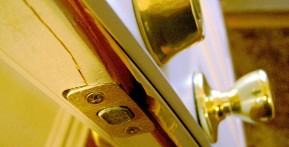As the Chinese real estate bubble threatens its own and several other economies around the world, several cities have already started easing the stringent curbs on housing that bogged down buying activity in the country.
A recent blockbuster sale in Shanghai reflects the efforts of the local governments to rein in an asset bubble. A 9,639-square-meter plot located near the Huangpu River was purchased by Lai-Fun Holdings Ltd., a Hong Kong-based property developer for a record $93 million.
"We are very confident with the project as the site is very prime given its location and also [its] scarcity value," Lai Fung Holdings told The Wall Street Journal in an e-mailed statement.
"It is a rare parcel, given the prime location. The developer will probably hold the property instead of selling it. However, the record high price will not affect the souring sentiment in the real estate market," Lu Qilin, research head of consultancy Shanghai Deovolente Realty told the South China Morning Post.
That's not all, Shanghai has permitted a developer in the area to raise asking prices of a residential unit project to record highs - about 48,100 per square feet - just to boost the sluggish property market.
"This is a kind of policy-easing as the government is trying to boost buyers' confidence. If developers are allowed to sell at a higher price, then people will think the market is not as bad as they may have thought," Liu Yuan, a Shanghai-based researcher at Centaline told Bloomberg.
A previous Nomura report suggested that loosening the grip on the tight property market regulations could help give some relief to the overheated Chinese real estate segment.
"More policy easing in the next few months will be critical, as the property correction could snowball. Local governments are likely to be under even more pressure to help the property sector as their fiscal revenue generation is so highly dependent on land sales," the Nomura analysts wrote in their report.
And, looks like that is exactly what the government is doing.
"We have seen new projects setting prices above 100,000 yuan in the past few months," Thomas Lam, senior director at Knight Frank told the Hong Kong Standard. "It's a signal the government is not implementing the administrative measures as strictly as it once did."
China imposed a 20 percent capital gains tax nationwide last year. Down payments and mortgage interest rates were also increased.
Shanghai became the first major city to start easing the curbs. Smaller cities like Nanning and Guangxi have already started loosening their grip on the regulations letting people buy more than one property. However, the process is slow.
Will the easing really help the economy?













